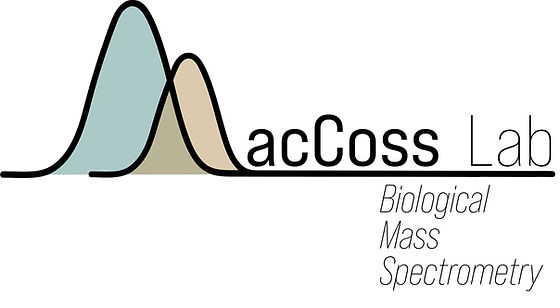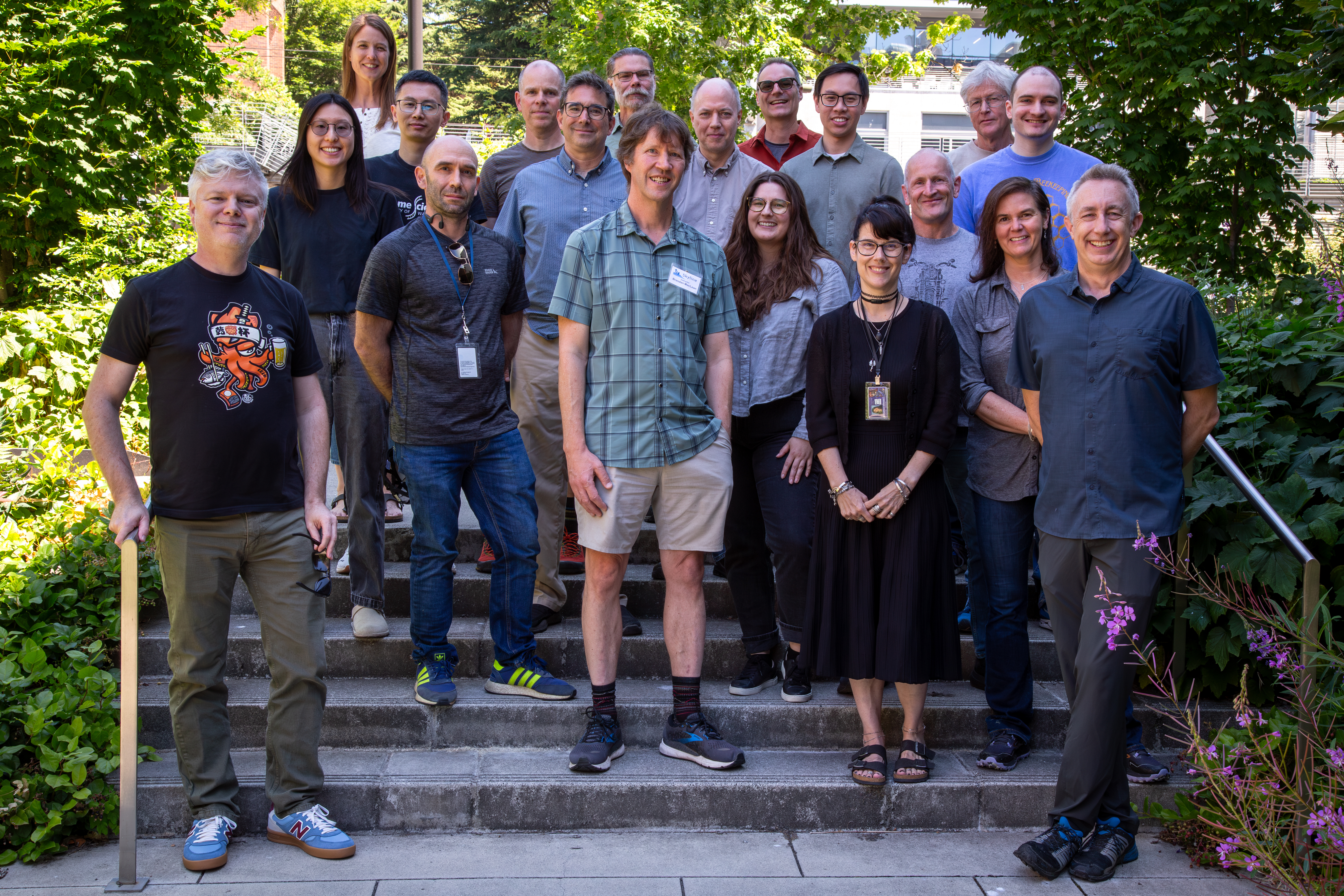Welcome to the MacCoss Lab

We are a protein mass spectrometry laboratory located in the Department of Genome Sciences at the University of Washington in Seattle.
Our Research Focus
The focus of our research is in the development of mass spectrometry and stable isotope-based approaches to improve our understanding of biology on a molecular, cellular, and whole organism level.
Current research areas include:
- New Mass Spectrometry Technologies: We are working on new methods to improve the sensitivity, speed, precision, accuracy, and dynamic range of quantitative measurements.
- Improved Sample Preparation: New biochemical sample preparation methods for the analysis of protein mixtures. We have been working on methods to reduce the cost and improve the robustness of historically challenging sample types.
- Experimental Design and Quality Control: We are very interested in quantitative experimental design. We develop novel methods to assess system suitability and data quality.
- Stable Isotope Methods: Developing stable isotope methods for studying protein metabolism and analyte quantity
- Spatial and Tissue Heterogeneity: We are developing methods for the multiplex analysis of proteins in individual cells, spatial regions, or functional subunits of complex tissue samples.
- Computational Tools: Development of computational tools for automated conversion of mass spectrometry data into biologically meaningful results
Highlighted Publications
- Development of highly multiplex targeted proteomics assays in biofluids using a nominal mass ion trap mass spectrometer - Molecular & Cellular Proteomics, January 2026
- Carafe enables high quality in silico spectral library generation for data-independent acquisition proteomics - Nature Communications, November 2025
- Evaluation of a Prototype Orbitrap Astral Zoom Mass Spectrometer for Quantitative Proteomics─Beyond Identification Lists - Journal of Proteome Research, October 2025
- The companion dog as a translational model for Alzheimer’s disease: Development of a longitudinal research platform and post mortem protocols - Alzheimer’s & Dementia, September 2025
- Performance of novel tau antibodies across multiple modalities for Alzheimer’s disease assessment - Alzheimer’s & Dementia, July 2025
- A transformer model for de novo sequencing of data-independent acquisition mass spectrometry data - Nature Methods, July 2025
- Enrichment of extracellular vesicles using Mag-Net for the analysis of the plasma proteome - Nature Communications, July 2025
Nunn Lab
We share lab space and resources with Brook Nunn’s lab here in the Department of Genome Sciences. The focus in the Nunn lab is to use mass spectrometry-based proteomics as a tool to understand a variety of environmental questions- from proteins preserved in sediments of the deep sea to the adaptation of bacteria cells to subzero temperatures.
Support Our Research
The MacCoss lab has developed technologies and software tools that improve protein characterization in health and disease. If you’ve benefited from our tools and would like to see their continued development, consider making a tax-deductible donation.

MacCoss Lab photo, July 2025